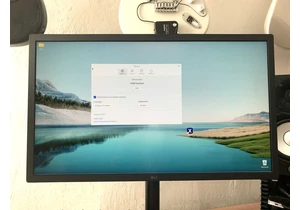With a brain that’s swimming in a cocktail of neurodivergence, one of my most persistent enemies has always been procrastination. I was once told that my attention span is, on a scale of 1 to 10, either 15 or random. But as hard as it is to overcome—a condition that feels more nature than nurture—it’s something I’m learning to manage.
Weeks ago, I decided I couldn’t get arbitrary brain chemistry get in the way of productivity, and so I took matters into my own hands. I needed to stop being so distracted and to change some habits, but I wasn’t going to do it alone. I was going to use technology to help me.
Now, a couple of weeks on from implementing these tweaks, I feel like it’s been moderately successful. Here’s what I did.
Stop procrastination dead in its tracks
The first and most impactful change I knew I could make was to cut out a bunch of social media usage. I’m no voracious user, but I’m a sucker for scrolling through subreddits and diving into deep discussions on the minutiae of my various hobbies and interests.
As much as I’ve learned doing that over the years, I’ve also developed unhealthy habits of following politics far too closely—and the news cycle is nothing but a doomscroll hole waiting to happen in 2025.
So, I took drastic measures. I installed the BlockSite extension on every web browser (except one, in case I need to check Reddit or Twitter for work) and completely blocked the most distracting sites. I did the same on my phone too, as it’s that little black mirror that’s probably to blame for most of my procrastination. I also installed NoScroll on my phone to block shorts and reels. That stuff is crack to an ADHD brain.
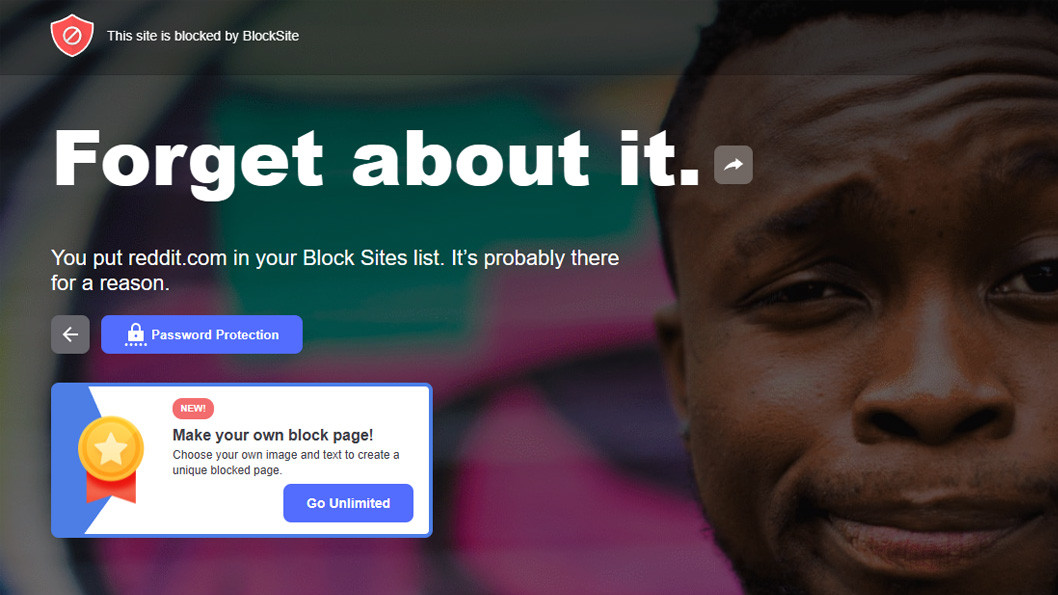
Jon Martindale / Foundry
If you’d rather take a less puritanical approach to managing the sites and services that tempt you to procrastinate, extensions like StayFocusd can make it easier to limit your time rather than block entire sites permanently. If you’re like me, though, excising the whole habit cold turkey is an easier change to make than having a lesser drip feed of it.
Whatever the case, cutting out distractions leaves me with little to do but focus on the task at hand—and it works to encourage greater focus.
The carrot alongside the stick
The first time I sat on the toilet after blocking everything, I had a bizarre moment where I was staring at my phone with my mind telling me there’s something interesting there to do. But I’d blocked everything I usually do. What was I even looking at this thing for?
That was a prime opportunity to not just hinder my bad habits but to reward the good ones. How am I going to improve my attention span? By doing things that require greater attention.
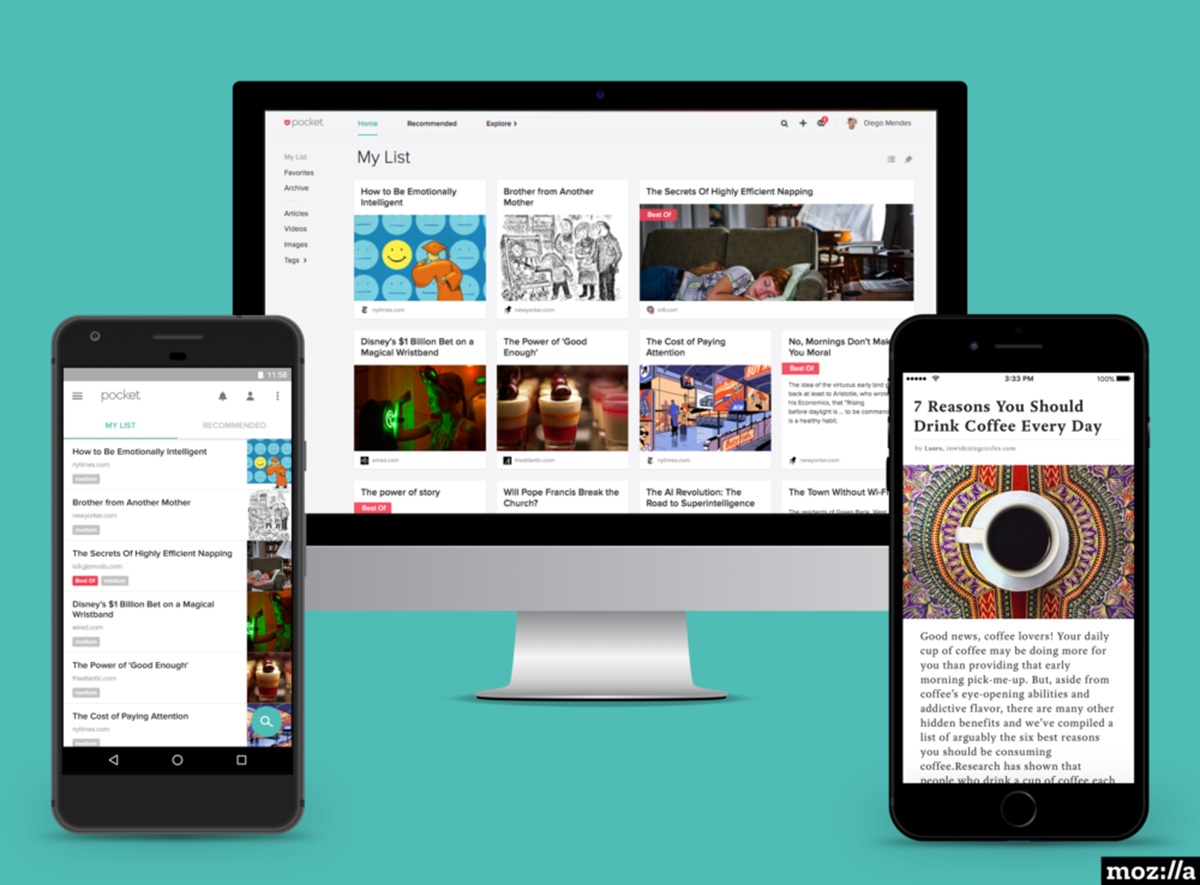
Mozilla
So I stocked my bathroom with a cheap e-reader with a few novels I’ve been neglecting. I also installed Pocket on my phone. While Firefox recently announced that it’s discontinuing Pocket, there are similar alternatives and the premise is all the same: save articles and web content to read or watch later when you have time.
Now when I have time to kill, it’s with something more mentally nourishing than Reddit or TikTok. At the very least, I come out of it with less brain rot; at best, I’m developing better attention.
Boring and silent are friends of focus
Modern electronics and software are designed to grab and hold our attention with colors, lights, quick hits of compelling content, snazzy animations, etc. For me, it wasn’t enough to avoid social media and other distracting sites. A part of me was still drawn to the pretty icons and animations on my phone—so I decided to make it boring, too.
Enter Minimalist Phone, a paid app (with a free trial) that turns your phone into a boring brick of black, overhauling the entire OS to look as dull and uninteresting as possible. That means no more icons, only text for everything, and it’s all black and white, yet you can still manage apps and services with ease thanks to its intuitive navigation.
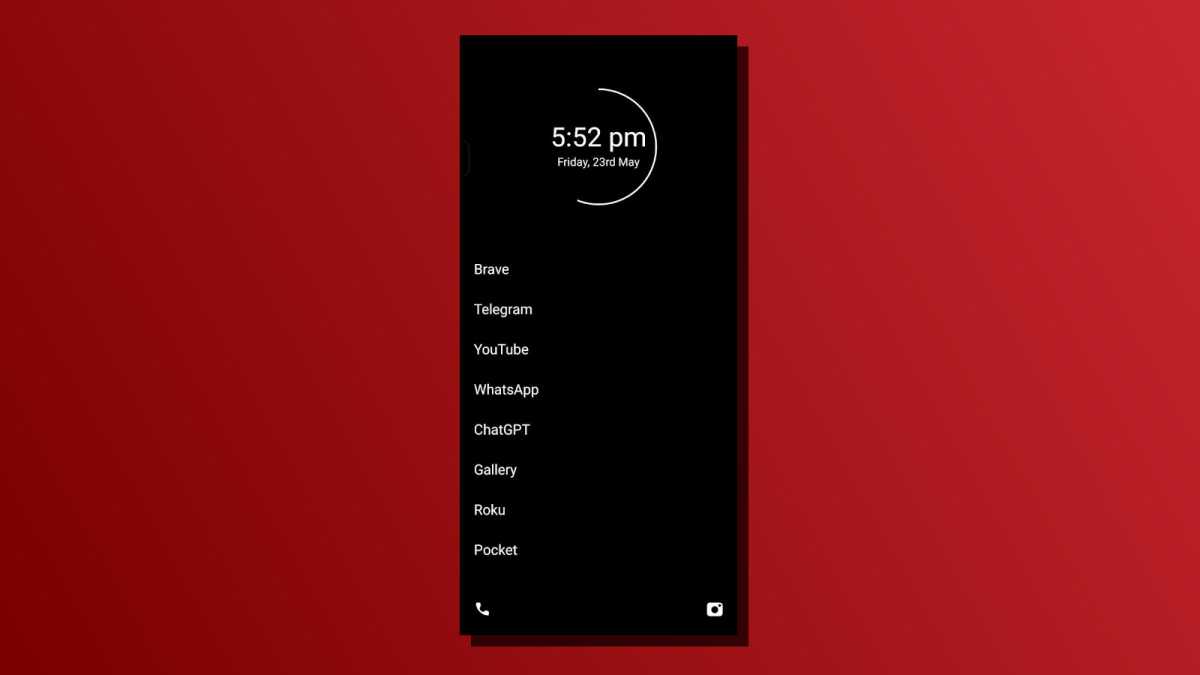
Jon Martindale / Foundry
But Minimalist Phone goes further than that. It also has an app blocker that lets you restrict certain apps to a schedule, or set mindfulness pauses before running certain apps, or even create an entirely separate work profile with different behavior when you’re “in focus mode.” It can also filter unimportant notifications so you aren’t distracted by alerts.
I personally made a point of disabling all unnecessary notifications on Teams, Slack, and other work communication tools. For the ones I kept, I made the notifications monochrome and silent. That means I only know if someone sent me a message when I choose to check in—not when the app wants me to know—and that makes it easier for me to stay on task.
Speaking of staying on task, I also have ChatGPT send me occasional reminders using its scheduled tasks feature. It’s just little things like a notice in the morning to start my day or a prompt to make sure I get done a certain task by a deadline. Could I use a traditional reminder app? Sure, but ChatGPT’s organic variations make me less likely to skip them. Plus, I’m already paying $20 per month for ChatGPT Plus. Might as well use it!
A better way to procrastinate
Breaking old habits isn’t easy. Even with blocks in place, I still feel the urge to procrastinate—and even when I’m reminded not to, I still want to find workarounds. For me, it isn’t plausible to never procrastinate. That’s why I allow myself to procrastinate in better ways.
Maybe when I complete a task, I fire up my Chess.com account for a quick game. In between writing projects, I might give myself a few minutes with my preferred idle game: Ropuka’s Idle Island. Yes, it’s still a game, but at least it’s designed for drip entertainment. It doesn’t hook me for hours and hours, and the chill lo-fi soundtrack keeps it mellow.
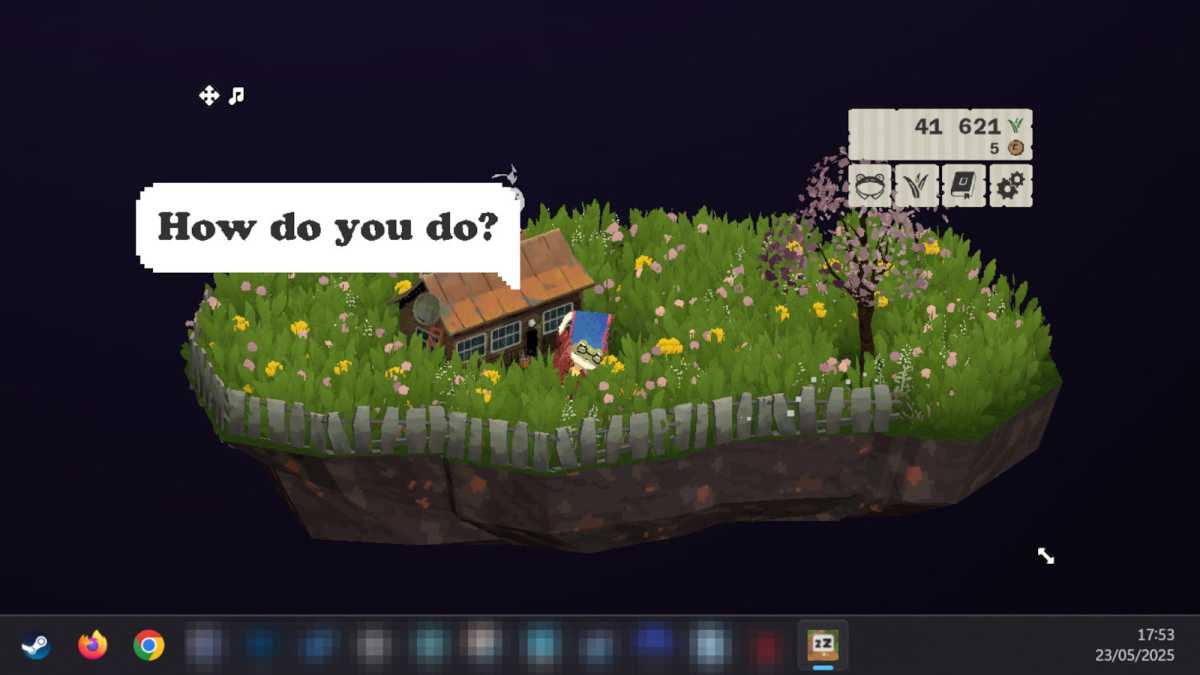
Jon Martindale / Foundry
On dog walks, I’m making myself listen to audiobooks rather than shorter-form brain-rot content. And don’t underestimate the power of analog activities! I took up a new hobby in knitting. I won’t pretend it doesn’t feel like a whim for now, but I’m giving it a go as a way to detox from tech and procrastinate in a more productive way. Every second away from my phone helps to train away my urges to procrastinate.
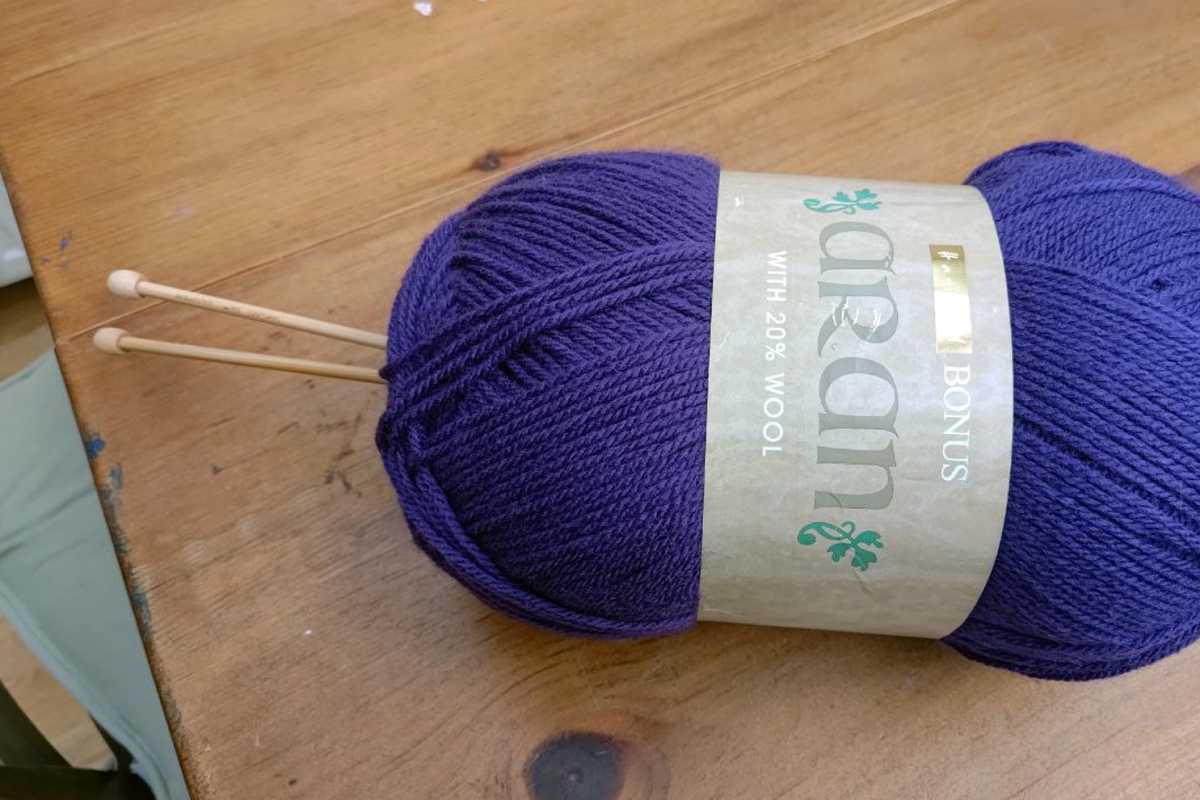
Jon Martindale / Foundry
Overcoming procrastination is a long-term project, one that will probably remain a struggle for the rest of my life. But I already feel some of the positive benefits of these mitigating techniques. I’m less hooked on scrolling and more content overall. I’m a little more focused and a little more effective. We’ll see how long it lasts.
Войдите, чтобы добавить комментарий
Другие сообщения в этой группе
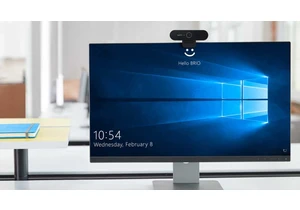
Will your laptop recognize you in the dark? Maybe. Maybe not.
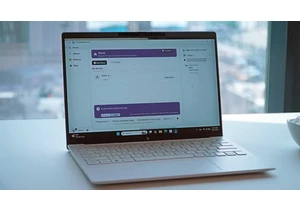
It’s been a rough month or so if you’re looking for an affordable lap
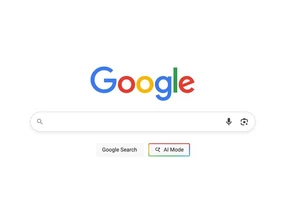
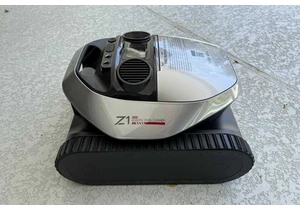

A new attack on the TPM security module inside many popular Ryzen pro
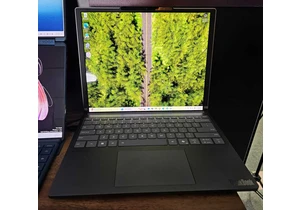
Lenovo’s groundbreaking ThinkBook Plus Gen 6 laptop, with a screen th
